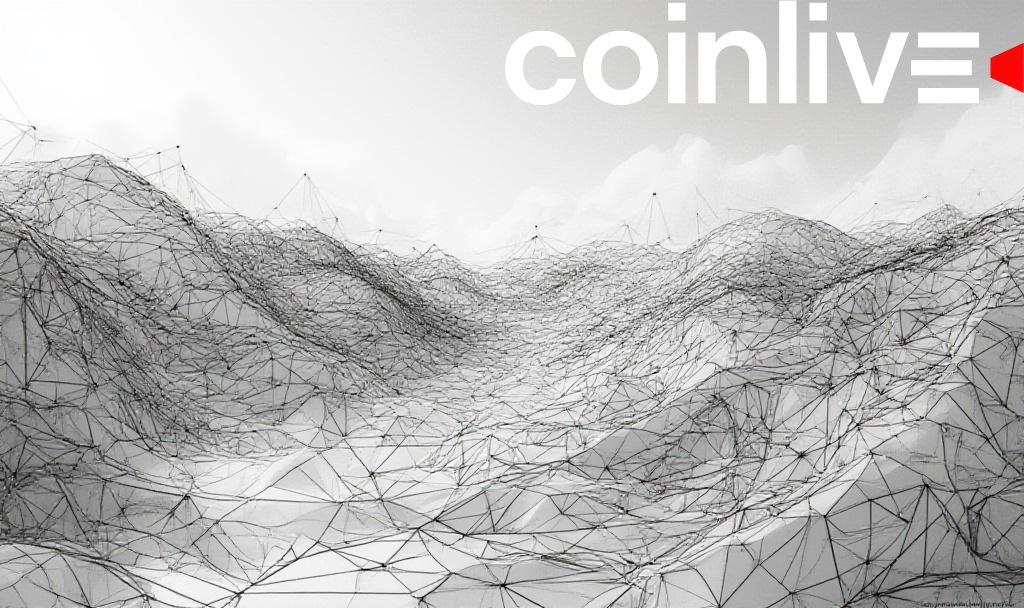- Moca Network launches Layer 1 blockchain for identity.
- Mainnet expected by end of 2025.
- MOCA token plays a key role.

The launch of Moca Chain is significant as it addresses privacy and control in digital identities. This project could change Web3 security standards, impacting blockchain identity management.
The Moca Chain, backed by Animoca Brands, aims to optimize decentralized identity and data management. Yat Siu, founder of Animoca Brands, oversees the broader strategic direction. The chain will be EVM-compatible, promising enhanced privacy and interoperability. MOCA is integral to the network, facilitating functions like staking and transactions. The project is supported by Animoca Brands’ significant industry expertise.
“Moca Chain is a Layer 1 blockchain designed to empower identity protocols, issuers, and verifiers… to give users unprecedented control over their personal data.” — Yat Siu, Founder, Animoca Brands
With the pending testnet in Q3 2025, the response from developers and users remains critical. The launch may impact the Ethereum ecosystem, given Moca Chain’s compatibility. However, specifics regarding other token impacts remain undetailed. Other decentralized identity efforts laid the groundwork but faced scalability issues. Moca Chain seeks to expand on these, focusing on enhanced privacy mechanisms. Financial impacts are yet to be clarified, as there are no disclosed figures regarding funding or Total Value Locked (TVL).
The project lacks confirmed funding details but benefits from Animoca Brands’ industry experience. The main challenge will be achieving widespread adoption and usage post-launch. Past ventures in this space show diverse outcomes, highlighting the importance of a dedicated architecture. Whether regulatory changes will affect the project remains speculative. Moca Chain’s structure suggests a progressive step in blockchain identity solutions. Its fully realized impact on cryptocurrencies and market dynamics will become clearer post-mainnet deployment.








